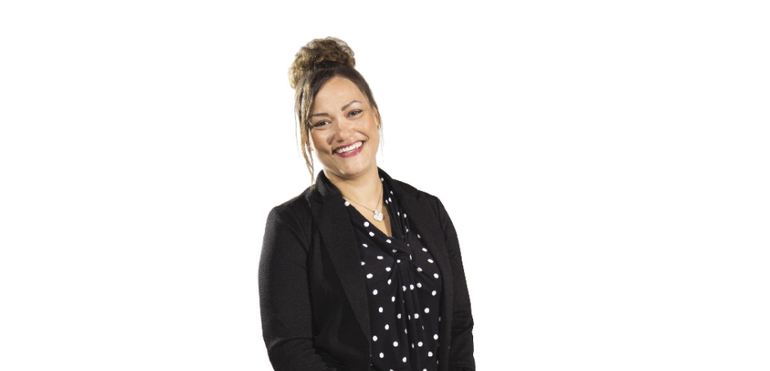Upstanders are company culture champions!
 Bonnie J. Walker
Bonnie J. Walker
More Information
If you see something, say something and do something! Too many times in my early years, I did not have the courage to stand up for myself, let alone others. Now, as an adult and a seasoned professional with a confident voice, I am able to stand up, and I have the opportunity to show others how to do the same. Where would our organizations, communities, humanity be without the voices of upstanders?
Upstanders move through the world with integrity and courage, and recognize when someone is being harmed (physically or psychologically), and take action to help, and to change the course of the people who committed the wrong. It is easy to meet a disrespectful person with reciprocated disrespect, but respectful intervention, civility, and setting a good example with our own behaviors, especially at work, is can move the needle on creating and maintaining a positive workplace culture. In the words of the recently departed John Robert Lewis, civil rights leader, and politician who served in Congress for Georgia, “If you see something that is not right, not fair, not just, you have a moral obligation to do something about it” As a business leader, not only do you have a moral obligation to do something about these transgressions at work, but it is imperative for your culture. Without a strong culture, your organization will weaken, and ultimately die.
If you hear a racist joke at the company party and you recognize it as racist, in the break room, while smooshing on the golf course, or even before the board meeting, shut it down! If you see unfair slights, bullying behavior, mistreatment of others, shut it down. The reality is retaliation from your colleagues, boss or employer, might take place when you act as an upstander, but this is not the worst-case scenario. The worst-case scenario is continuing work in an organization allowing, knowingly, for folks to be mistreated. The worst-case scenario is having to go into work every day to do what has become a job, the same job that used to be your passion. The worst-case scenario is having to look at yourself in the mirror each morning before heading to the office, no longer seeing who you are and what you stand for, but instead the shell of that person, who each day back at the office, shows up with compromised integrity and a dying passion.
Upstanders are often supporters and advocates for people and communities sharing a different background or identity than their own, whom are unheard, underrepresented, mistreated or oppressed. Situations requiring an upstander can range from one-off comments reflecting an unconscious bias, to deliberate marginalization, racism, sexism or harassment. Here are actions leaders can take as proactive upstanders:
• Look for inequities.
• Do a thorough self-examination. Look at what privileges and advantages you might have compared to others due to their race, class, ethnicity, gender or sexual orientation.
• Listen! Try to understand what colleagues may have overlooked. Really hear what others are saying and realize all perspectives are valid.
• Work with human resources or other reporting hierarchy regarding discrimination. Advocate for company policies, such as salary transparency, to help narrow gender and racial pay gaps.
• Welcome feedback from the bottom of the organization, to the top. Highly hierarchical structures, where input is discouraged, militate against reporting.
• Make it easy to report inappropriate conduct. A quick, clear, safe and accessible system offering an option for anonymity is ideal.
• Do something when you receive complaints. They are a gift to build your culture, when responded to, and treat whistleblowers like heroes not villains.
Creating an inclusive environment where all employees feel comfortable is vital to culture. It improves the quality of workplace interactions and decisions and encourages all employees to respectfully and responsibly police one another as a collective. This increases productivity, innovation, and morale.
Bonnie J. Walker is the director of equity and inclusion at Worcester Academy, plying this arena in education in Mass. for 16 years. Contact her at bonnie.walker@worcesteracademy.org.









0 Comments